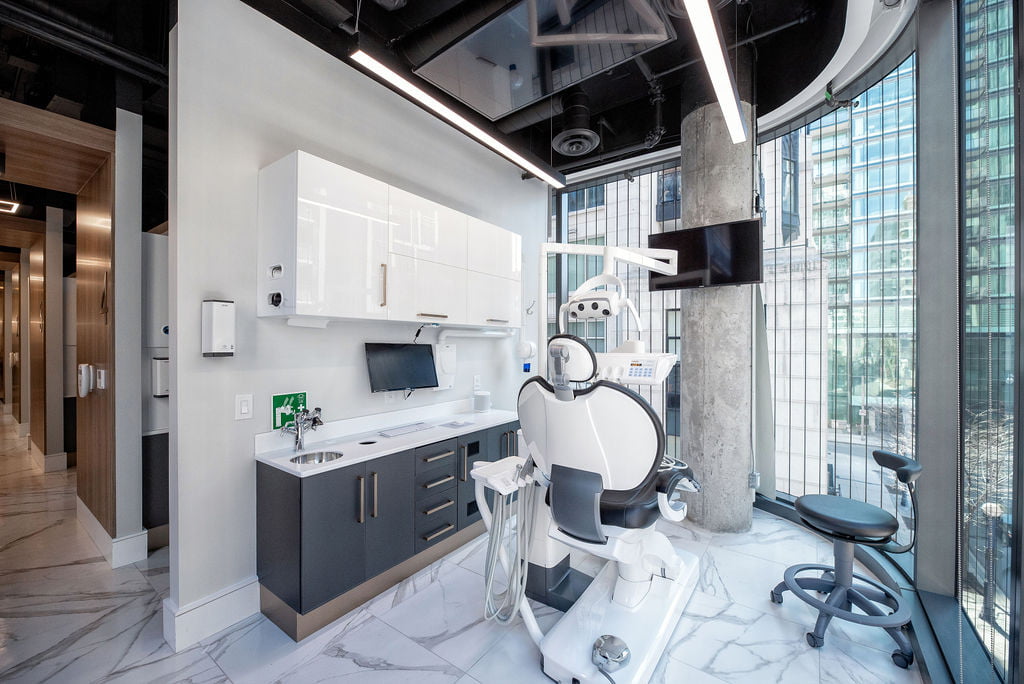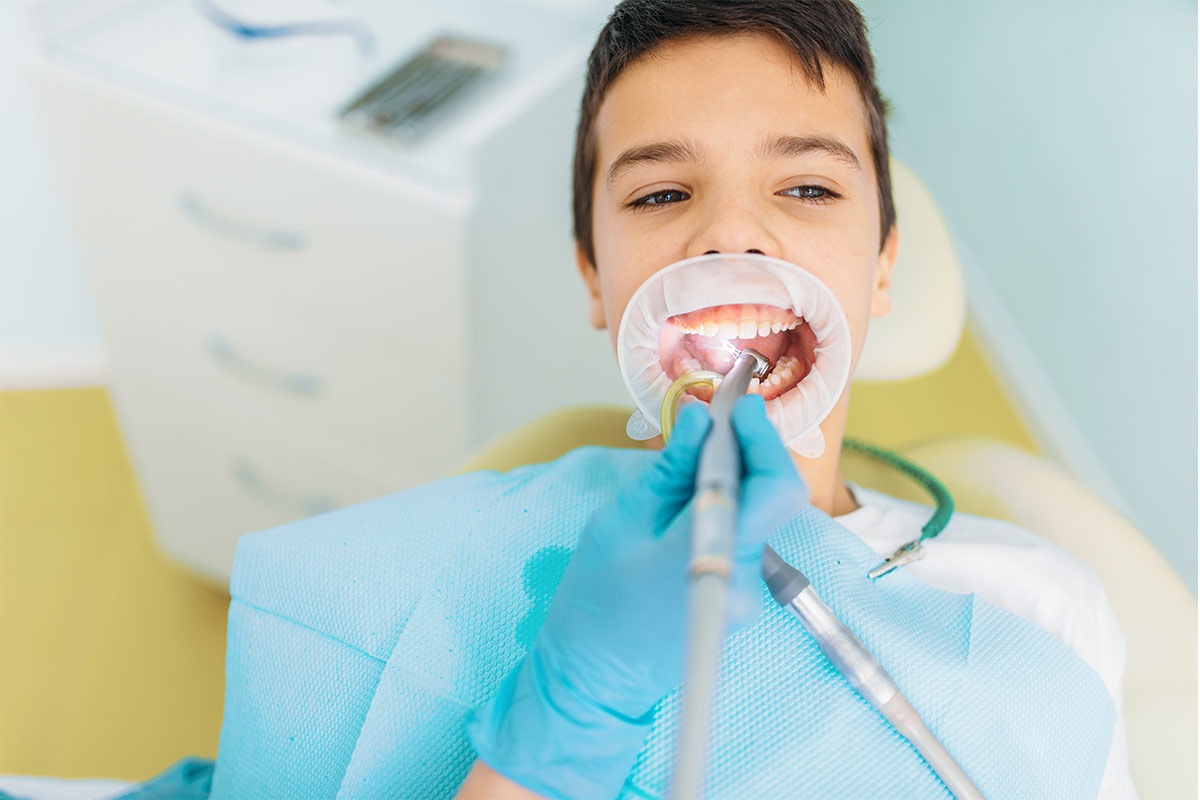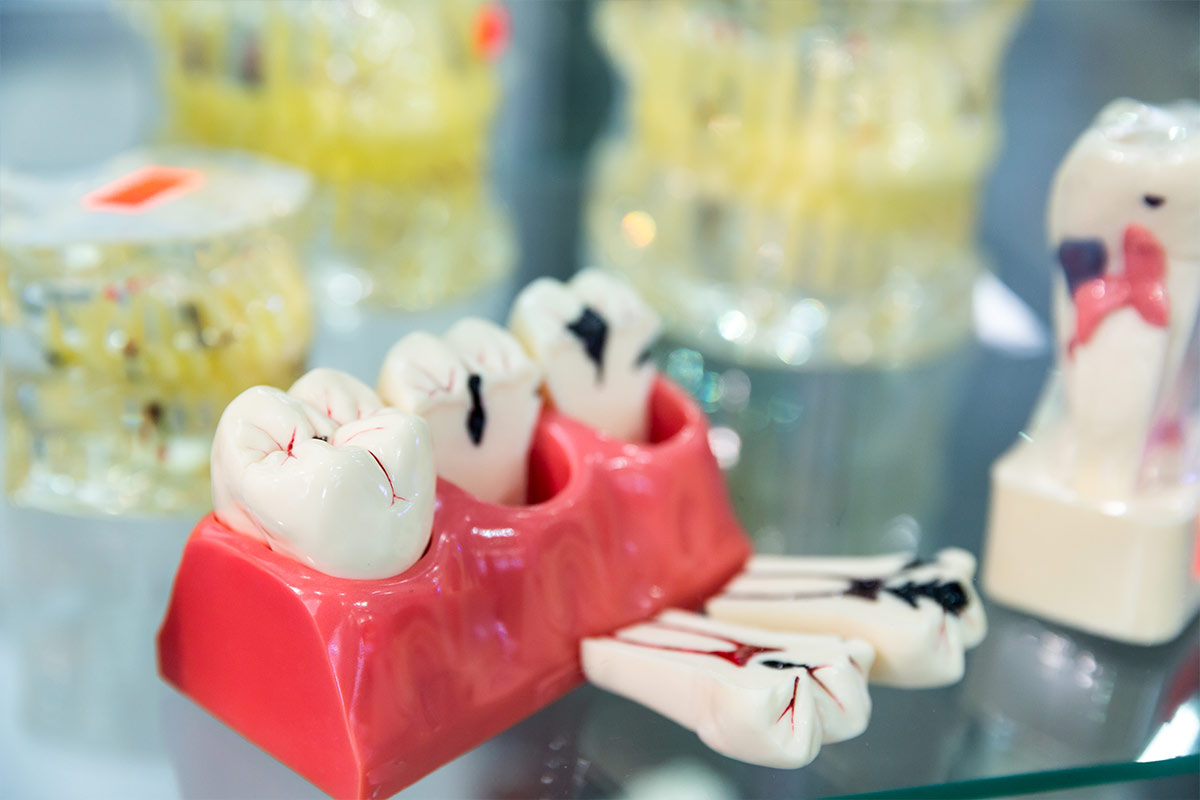WHAT IS A DENTAL EMERGENCY?
Your dentist is the first person you should call whenever you have a dental issue. In general, a dental emergency is any situation that needs to be treated right away to stop bleeding, relieve severe pain, or save a tooth. Dental emergencies include any infections that represent a threat to life.
SIGNS AND SYMPTOMS OF EMERGENCY DENTAL:
Sharp, chronic pain:
A toothache that won’t go away and gets severe could indicate a serious oral condition, such as an abscessed tooth. Visit an emergency dentist if the pain is so bad that over-the-counter pain relievers are ineffective.
Pain when pressure is applied to the Tooth:
A tooth hurts when touched or used to bite down on anything, it may have a large cavity or a bad restoration. Both problems require quick attention.
Bleeding gums and inflammation:
Gum bleeding, especially when accompanied by swelling, may be a sign of an infection or periodontal disease.
Weird taste in the mouth:
An infected or severely decaying Tooth may have a bad taste in the mouth or a smell that remains all day. Toxins with an unpleasant taste and odor may be released as a result.
Swollen jaw:
Swelling in the jaw and neck region may indicate an infection spreading to other body parts. This is a severe health problem since infection in a crucial area like the brain can have deadly consequences.
COMMON DENTAL EMERGENCIES IN TORONTO:
Here are some first-aid suggestions you can use until you can visit our Emergency dental clinic if you are dealing with any of these common dental emergencies.
KNOCKED-OUT TOOTH:
Avoid touching the root if your Tooth has been knocked out; instead, carefully pick it up by the top (the crown).
- Rinse the teeth gently without irritating them.
- Try to insert the Tooth in the socket if at all possible.
- Your chances of saving your Tooth will rise if you seek immediate dental care
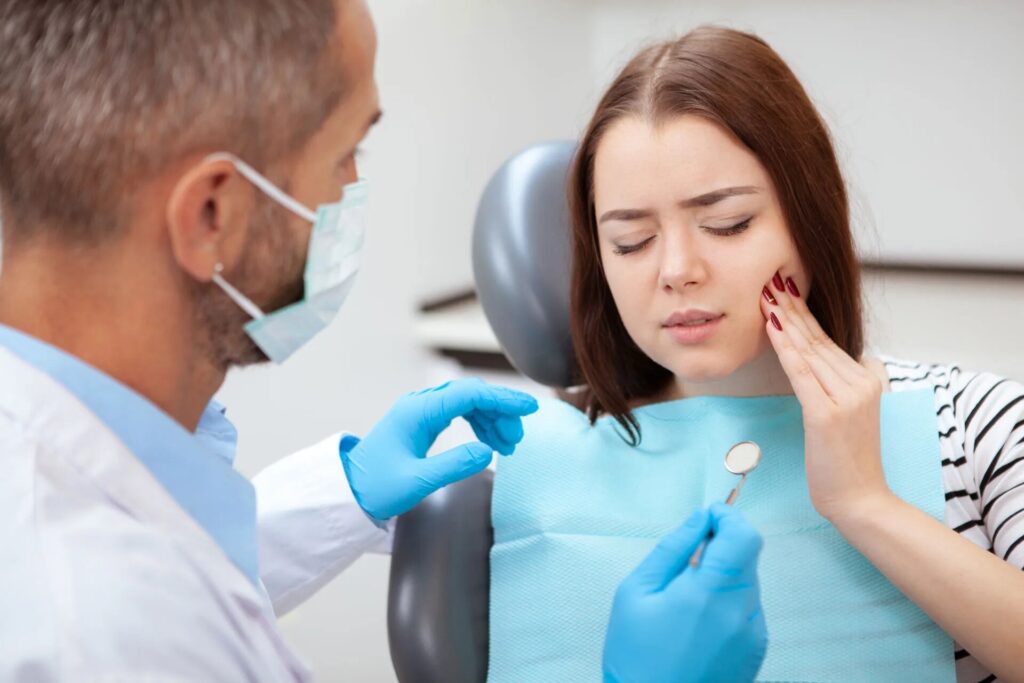
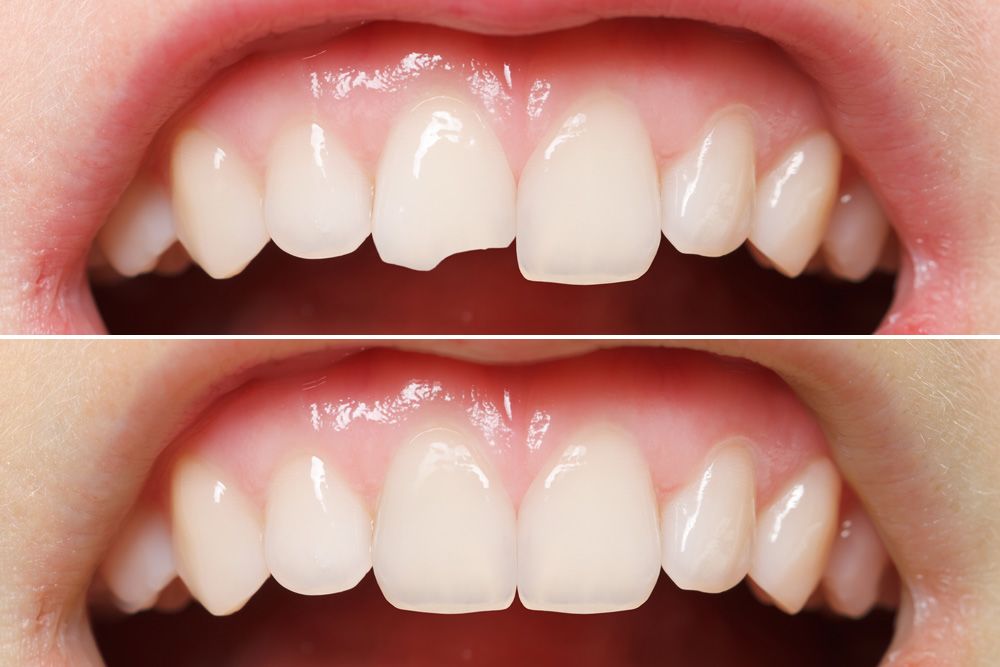
CHIPPED OR CRACKED TOOTH:
It might be difficult to decide whether chipped or fractured teeth constitute a dental emergency. Chipped teeth that don’t ache are typically not regarded as an emergency. But to stop it from chipping even more, you need to chew with extra care.
A cracked or broken tooth poses a major problem since it typically indicates that your teeth have been damaged inside and outside. Extreme cracks can occasionally make it impossible to save the Tooth.
- Call your dentist immediately if you have a painful, severe fracture. While you wait for your appointment, do the following:
- Put warm water in your mouth to rinse.
- Your cheek should be compressed with a cold compress to lessen swelling.
- Acetaminophen can be used to lessen pain.
- A numbing gel or pain reliever should not be used since they could harm your gums.
- Your dentist might need to take an X-ray to make the diagnosis. You might need a root canal if the tooth pulp is damaged. If not, you might require a crown.
DENTAL ABSCESS:
Dental abscesses always come to mind when considering what constitutes a dental emergency. When a pus-filled pocket inside the Tooth becomes infected, it develops into an abscessed tooth. It is a dangerous condition that could endanger your life.
- It may result in high fever, tender neck lymph nodes, sensitive teeth, persistent toothache, a swollen face, and lumps on the gums next to the impacted Tooth.
- Dental emergencies include dental abscesses because the infection may spread to the jaw and other nearby tissues.
- Use salt water and rinse daily to draw the pus to the surface and ease the pain until you can see a dentist.
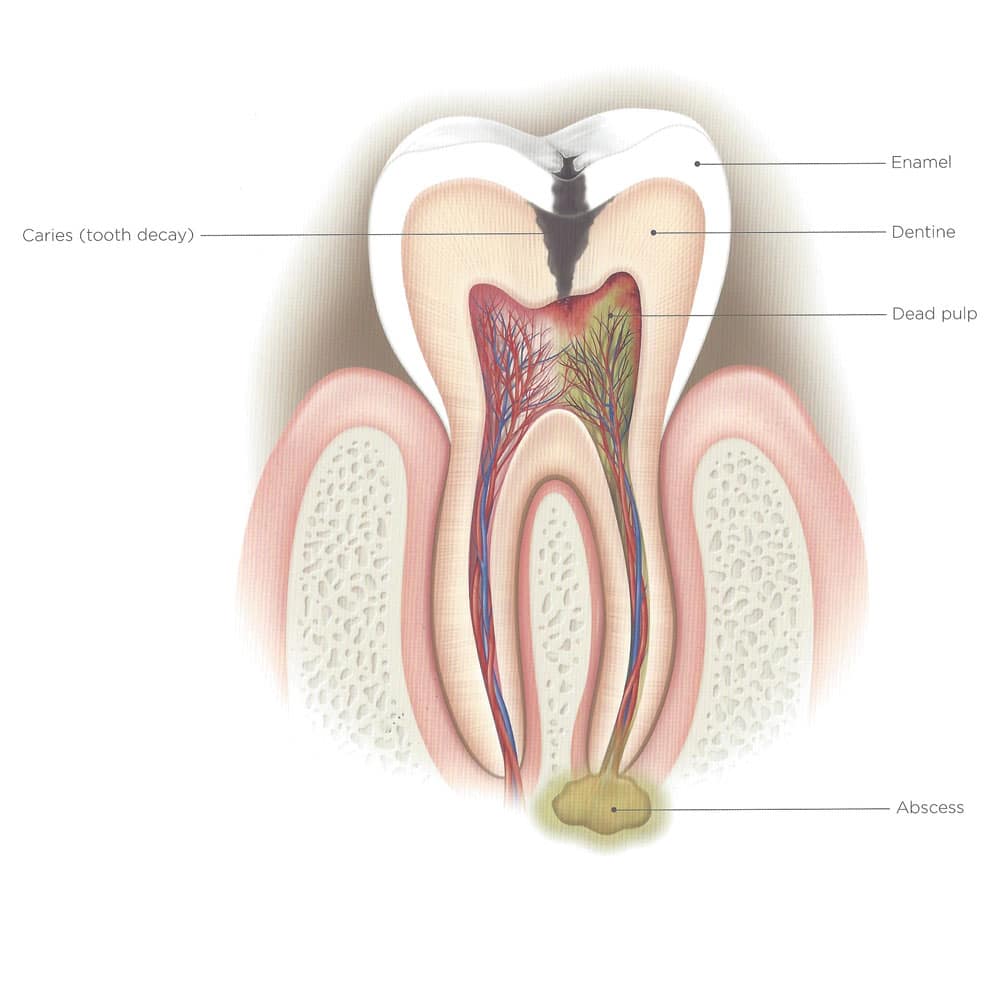
PROCEDURE FOR DENTAL EMERGENCIES THAT DENTIST DO IN CLINIC:
First, the dentist Toronto will check the teeth for any possible problem areas. The dentist will suggest a plan of action once the exact issue has been determined.
FOR TOOTHACHES:
A dentist will first identify the exact cause of the discomfort. An infection is the main cause of most toothaches. After that, the dentist will recommend antibiotics to treat the infection. To control the pain, painkillers would probably also be given. Tell your dentist if you have any sensitivity to specific painkillers. The dentist will examine the damage’s severity for chipped or broken teeth. The dentist may advise a root canal procedure if the Tooth’s roots also have heavy damage.
FOR KNOCKED-OUT TEETH:
Dentists might still be able to repair the Tooth in some cases. The dentist must complete this work within an hour of the Tooth being knocked out. The probability of the Tooth being reattached decreases with each additional minute.
IF AN ABSCESS IS ALREADY PRESENT:
The dentist will drain the abscess and provide medications. It’s crucial to understand that having an abscess is a serious condition. Although there may not be much discomfort, there is a good possibility that the abscess will spread and infect the teeth close to it. Improper dental hygiene is a major cause of dental emergencies. Many dental emergencies can be avoided by using proper oral hygiene every day and using mouth guards when playing sports.
PREVENTION FOR DENTAL EMERGENCIES:
Even more urgent and dangerous than other medical emergencies can be dental emergencies. The good news is that you don’t have to wait until you have a dental emergency to take action. You can do several things to stop dental emergencies from occurring in the first place while your smile is still in good health.
- Maintaining proper oral hygiene.
- Utilize fluoride mouthwash and toothpaste.
- Watch what you consume and how much, and learn stress-reduction techniques that are healthful.
- Quickly seek dental care for any dental pain.
More about our Dentistry Services

